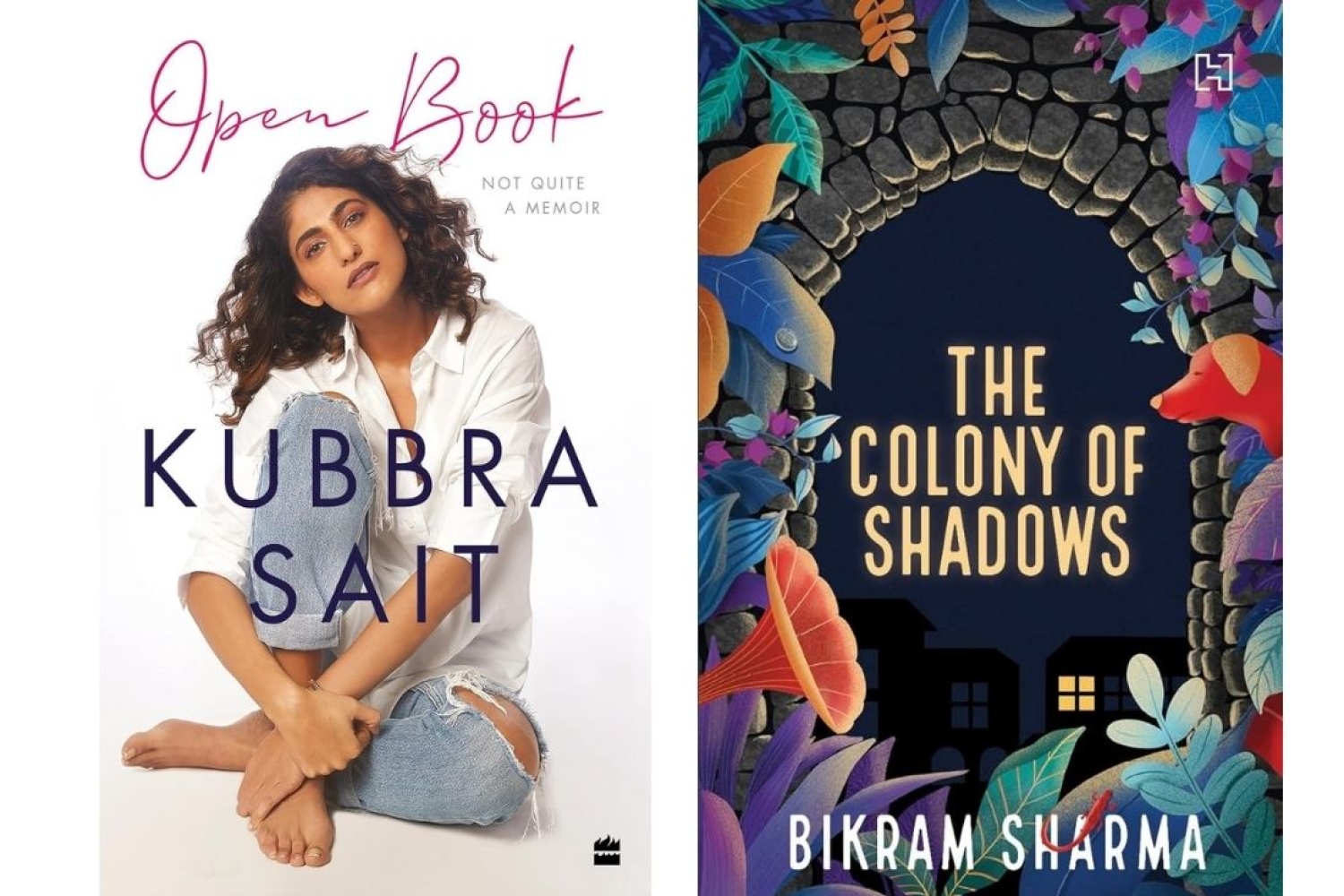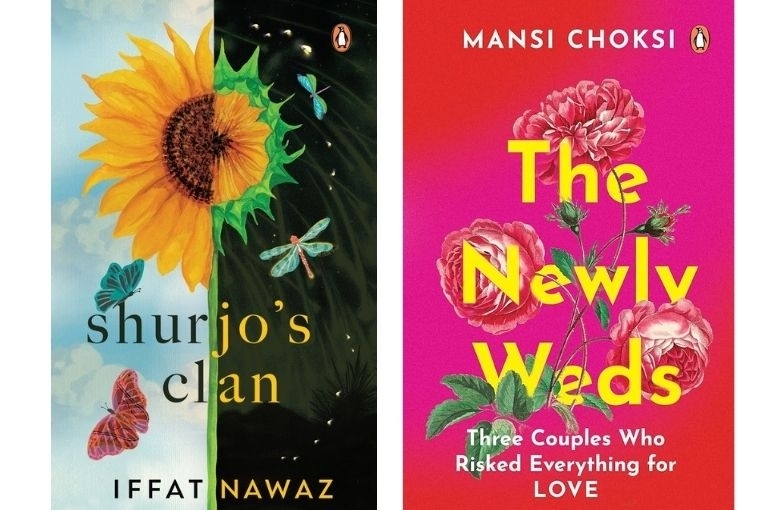

Iffat Nawaz on Shurjo's Clan
Much like the protagonist of Shurjo's Clan, Shurjo, I was also born into a family of freedom fighters and martyrs. As a child, I did not understand the substance so well but as I matured and wanted to work on a longer piece as a writer. The context of Shurjo's Clan became a reoccurring theme in whatever I wanted to write. I tried writing about other subjects for a while until I realised these passed down tales are what needed to be written out first, for my ancestors. I strongly felt that the ones who came before me, the ones I did not ever meet in person formed the premise of this book and I crafted it from the feelings which arose while connecting with them.
The first draft was heavy and dark, and around the time when I was finishing it, I had moved to Pondicherry. And soon after moving to Pondicherry, I became engrossed in the writings and work of Sri Aurobindo and the Mother. It was through their teachings and influence that I realised I needed to simplify the novel and not write just another war or partition story, but one that turns it towards the light. I took a break from writing for about a year and half and then wrote a completely new draft and that is Shurjo's Clan.
Mansi Choksi on The Newlyweds
My process was to record everything on tape, photos and videos to enrich the writing with real details. I tried to draw on the love stories we consume in pop-culture, especially Hindi movies and daily soaps, and use that framework to explore larger questions. Also, my parents married without the permission of their families and their marriage crumbled over eleven years. Shortly after I was born, my father died. I grew up in a home where the question of "was it worth it?" loomed over us constantly.
I wrote most of this book in the weeks and months after giving birth. I taught myself to write late at night, early at dawn, in fifteen-minute instalments, in the waiting rooms of doctors, while feeding, diapering, cooking and cleaning.

Bikram Sharma on The Colony of Shadows
My creative process was slow, I wrote my first draft across four notebooks. It was so terrible I called it my 'zero draft". But it was helpful writing it down rather than typing it on a computer because it prevented me from over-editing and helped free up my creative instincts. After that, there were a lot of rewrites. It took me 10 drafts to get the book where it is. I'm not saying that with pride rather, the answers aren't always there for me and I take time to find them. I know other writers who are more deliberate and have clear intentions when they set out to write. I admire them for that. But, at the same time, I try to be kind to myself and remember that we all have our own ways by which we do things.
Kubbra Sait on Open Book
The process happened bang in the middle of the pandemic where we were forced to sit down and recalibrate who we are as human beings. This was a time when we were taking responsibility for ourselves and our own actions. I was also in conversation with my therapist a lot at that point and that helped me detangle the messiness that was going on in my head, so that really helped. Some parts were easy, some were hard. I think my chapter on abuse was hard. The chapter on my father was hard. My chapter on the relationship I share with my mother was hard. We expect everything to be okay. Everything looks good from the outside. What people see is what people expect and assume. So when I started writing it all down is when I realised that ah! these are the things that are not okay. And that it is okay to not be okay. I think that was the process.
Words Platform Desk
Date 16.10.2023